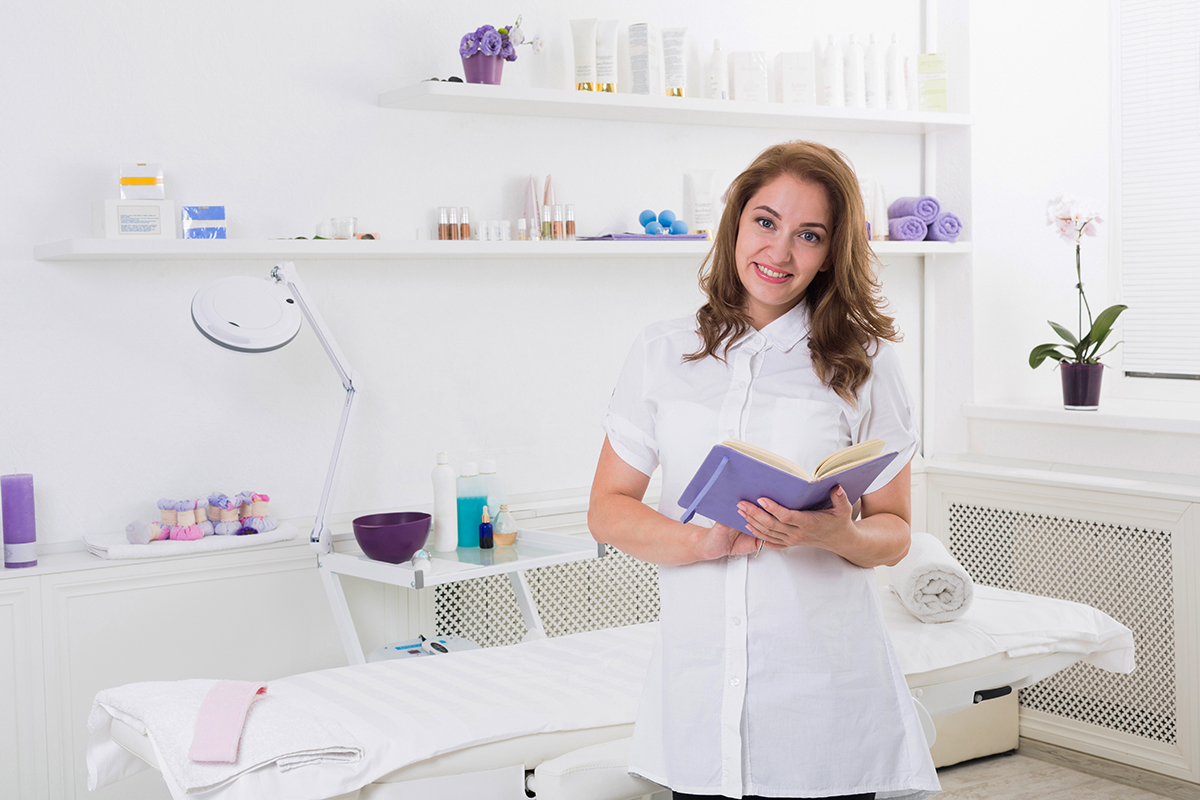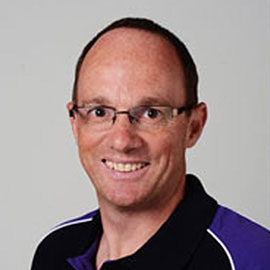As with any career change, it pays to do some homework and ask yourself if the field you wish to break into is right for you. Chances are, you’re already considering a career in massage therapy and need some answers to these extra questions to help you make a final decision.
Questions to ask yourself before pursuing a career in massage therapy
1. What is involved in a career as a massage therapist?
Massage therapists perform manual manipulation of the soft body tissues (muscles, tendons, ligaments) to enhance a person’s health and wellbeing. Massage therapy is one of the oldest known healing traditions and is an effective way of treating a range of physical and psychological conditions.
The term ‘massage therapy’ includes a range of techniques and treatments including myotherapy, reflexology, shiatsu, remedial, therapeutic massage, relaxation massage, aromatherapy massage, and hot stone massage. Depending on the client’s needs, you may be performing massages to treat sports injuries or even delivering specialty treatments for pregnant clients, babies and elderly clients.
Despite the title, your job as a massage therapist doesn’t include just massage. Other responsibilities involve:
- Arranging and managing appointments and a daily task sheet
- Setting up spaces, arranging furniture and equipment, preparing lotions and treatment products
- Meeting with clients and tailoring a treatment program depending on their needs
- Educating clients on self-care, including posture and relaxation techniques
- Taking phone calls, managing emails, and tending to your business website and social media platforms
- Managing cash and payments
- Continual training to keep up to industry standard.
2. Can I commit to ongoing training?
Continued training and education is a mandatory requirement for massage therapists, particularly if you wish to become a licenced therapist with your own clinic. Most massage therapy courses state a minimum amount of ‘Continuing Education Units’ required to maintain your massage licence. In the health and medical field, training is never completed; it’s an ongoing process for as long as you’re in the field.
For a massage therapist, ongoing training leads to an expansion of your skill-set and enables you to become proficient in the various massage modalities available. If you are looking at entering this field, be prepared to devote a lot of time to your training and ongoing course-work.
3. Do I love people?
A great massage therapist must possess excellent communication and interpersonal skills. You need to be able to build rapport with your clients and be empathetic to their needs and concerns.
A lot of business is generated by client referrals and ‘word-of-mouth’ within the massage therapy field, and so you need to be able to make a customer feel comfortable and responsive to your services. Some clients may be very young or elderly, which requires you to be able to communicate effectively and in a way that the client can understand. Employing a variety of techniques to create a relaxing atmosphere is essential, as the comfort of the customer is paramount. If you make them feel safe and comfortable, they are much more likely to respond to treatments better and therefore are more likely to recommend your services to others.
4. What do I want to specialise in?
You may want to specialise in a certain area of massage, instead of all of them. If this is the case, have a look at the different types of massage available and find one that speaks to you. Remember that no matter what specialty area you choose, you should focus on getting the best training available to ensure you’re receiving the proper techniques to transfer into your own clinic or services.
Selecting a specialty area has a lot to do with what type of clients you wish to attract and what area of expertise you feel more passionate about. You may have a fitness background and wish to specialise in sports massage, or you may love the idea of working in a day spa delivering aromatherapy massages to provide clients with relaxation and well-being.
5. Exploring options for career progression
The Job Outlook site projects that the number of massage therapists in Australia is due to grow strongly over the next 5 years. There are likely to be 10,000 job openings over this time with more part-time work available than full-time.
Massage therapists can get work in several areas, not just limited to massage therapy clinics. These include:
- Cruise ships
- Sports therapy clinics
- Day spas
- Wellness centres
- As a mobile massage therapist
- Working from home.
6. Will there be work available in my area?
Before committing to a new career in massage therapy, it’s a good idea to check the availability of jobs in your local area. Depending on where you live, there may only be a limited number of job opportunities in massage and related-fields. In this case, you may even look at becoming self-employed or working from home.
If you wish to work for someone else, weigh up your options and likelihood of the possibility of moving to another city or wherever the work is. Because massage therapy is a nationally-accredited field, you have the opportunity to travel anywhere in Australia to work. Be persistent in your job search and utilise the popular job search sites as well as contacts within the industry.
7. Do I want to own my own business or work for someone else?
The great thing about massage therapy is that you can be flexible with your work. You have the opportunity to start your own business, or work for someone else if you choose to. Depending on your lifestyle needs and goals, be sure to make a list of pros and cons between both options and decide which would work best for you.
If you are just starting out in the industry, it may be best to work for someone else while you gain the important skills and knowledge required to start your own business.
8. How many hours can I commit to working?
A survey of massage therapists found that the flexibility of work hours is one of the main enticements to the field. Since most clients are unable to attend outside the regular work day, learning to be flexible should be important to you. It’s rare for a massage therapist to work between the normal 9-5 business hours, so you must be prepared to accommodate differing times and days, depending on client demand.
It’s important to keep in mind that massage therapy requires a lot of standing throughout the day and performing physical tasks. You may also need to be able to accommodate working outside of normal work hours as well as weekend work.
9. Can I afford the required equipment?
In most states, you will require the right licence as well as any other equipment to support your studying and business. This includes uniforms, massage chairs and tables, as well as training. If you wish to start your own business, things such as membership to an industry association and professional indemnity insurance, supplies, equipment, advertising and marketing, and start-up costs will be required. However, if you decide to work from home, the cost will be significantly cheaper.
A good way to work out the finances you will need to start your own massage clinic is by using a start-up cost calculator.
10. How can I become a qualified massage therapist?
The next step in your career as a massage therapist is to begin looking at credible massage therapy courses in your area. You need to be qualified in order to start working professionally as a massage therapist. After you have completed your training you will then obtain your certificate and membership to an industry and, once you have professional indemnity insurance, the ability to work anywhere within the massage industry.
Ready to begin your career in massage therapy?
By completing a Certificate in Whole Body Massage with Discover Massage Australia, you will gather the skills and training needed to start your massage therapy career with confidence. From there, you will be able to qualify for membership to an industry and for professional indemnity insurance, allowing you to start your own business or work professionally in over 26 countries (after you join the IICT – International Institute for Complementary Therapists).

